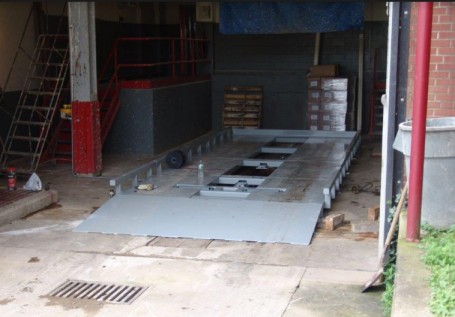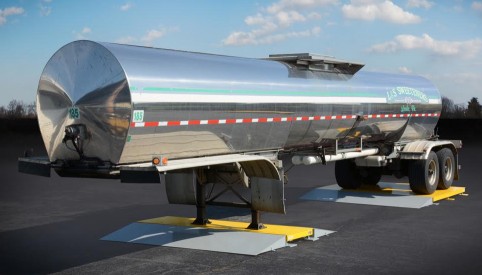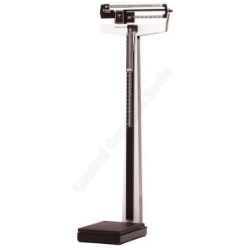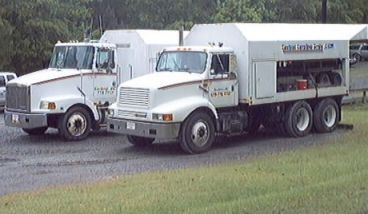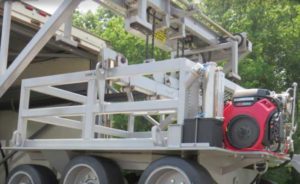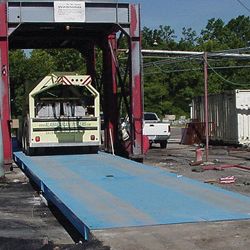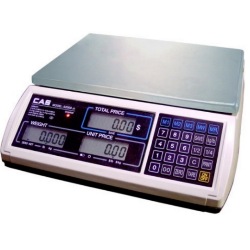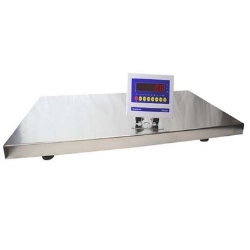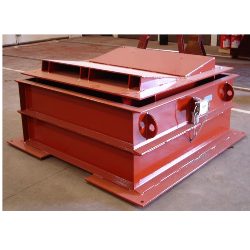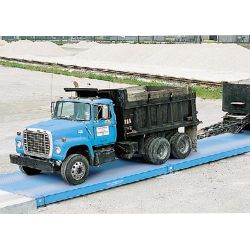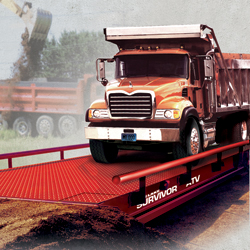This time of the year it’s always good to start talking about price computing scales. If you currently own a set of scales, then you need to get them out and make sure they are weighing correctly and displaying correctly on both sides. You also need to make sure the battery is working if you have a built in rechargeable battery.
The CAS S2000 Junior retail price computing scale is popular with customers who want a reliable scale that they can use at the market when selling their fruits, vegetables, candy and more. Sure there are less expensive scales out there, but often those scales are constantly needing parts while the s2000 jr keeps on working.
It’s hard to believe, but we’ve been offering this scale to our customers since 2006! In that time, we’ve accumulated more than a few questions from our customers, either before the sale or after the sale.
So, below are the top frequently asked questions about the CAS S2000 Jr scale. Hopefully, if you’re in the market for this scale, your question will get answered below. If you still have questions be sure to contact our sales department.
Q: CAS S2000 Junior operation instructions?
A: Basically, the way the scale works is as follows. Place your items on the scale. Items could be strawberries, bananas, pumpkins, fudge, frozen yogurt, nails, screws, bolts etc… whatever you need to charge the customer by the pound, kilogram or ounce. Then enter your price per pound that you want to charge the customer. Once you do that, the scale will display the total charge on both the front side (operator view) and back side of the scale (customer view).
Q: Does the S2K JR scale have a change calculating function?
A: No, it does not. You might want to see the Rice Lake RS-130.
Q: If the scale includes a certificate of conformance number (CoC#) do I still have to get these scales tested and calibrated for commercial use by the state?
A: Best answer is, contact your individual state weights and measures department. Each state has their own rules regarding certified scales. Generally, you will want to purchase a NTEP approved scale with a CoC# (which the S2000 Jr has).
Q: Can you tell me if the increments are by 0.01 or 0.02 or something else?
A: The CAS Scale s2000 jr is available from Central Carolina Scale in three different capacities. 15 lb, 30 lb and 60 lb. Each of those is what we call “dual range”. Dual range means that the scales display a certain increment until they reach half capacity, then they display a different increment from half way to full capacity. For example, on the 60 lb capacity model… the scale will display increments of 0.01 pound on weights that range from 0 to 30 pounds. Then from 30.02 up to 60 pounds, the scale will display in increments of 0.02 lb.
Q: Does this scale weigh in Ounces?
A: Yes it does. Great for frozen yogurt shoppes.
Q: How long can the unit operate on a single charge of the battery?
A: Manufacturer says around 200 hours with no backlight and auto off functionality.
Q: What capacities are available and which should I choose?
A: 15, 30 or 60 pounds are the capacity choices. With the dual range capability, this scale is kind of like having two scales for the price of one. Most customers selling berries or smaller fruits and vegetables would choose a 30 lb or 60 lb capacity. Candy or yogurt stores might choose the 15 lb capacity.
Q: What is the battery life between charges?
A: According to CAS, Approx. 200 Hours LCD (no backlight) with a 12 hour charging time.
Q: I have your quote for the CAS s2000 JR. It costs more than the ____, why should I buy the S2000 Jr instead of the cheaper scale?
A: The s2000 JR is a reliable scale that is popular with customers. We have sold just about every retail scale out there and the s2000 jr is, in our opinion, the best overall value in price computing scales that we currently offer. Who knows, that might change sometime down the road, but as of now, this is the best scale for this type of application. The cheaper scales, in our experience, tend to have components that fail more often. So with those scales, you tend to be replacing AC adapters and keypads more frequently.
Q: Hi, I own a frozen yogurt shop. Will this scale read in 0.1 ounce?
A: Yes, the 15 lb capacity scale and the 30 lb capacity scale would be the best choices for you to consider.
Q: If I was interested in adding a label printer, would this scale allow me to put a custom logo or company name on the label?
A: Sorry, but the CAS S2000 JR has limited capability in this area. Logos and customization would be something you might see with CAS advanced label printing scales like the LP1000 and CL5000.
Q: Do you offer a replacement battery for the CAS S2000 JR scale?
A: Yes please call our sales department.
Q: Is this NSF certified in the US for deli usage?
A: No, this is not NSF certified. However, the scale is a NTEP legal for trade commercial scale.
Q: Does this scale have a rear display for the customer to see?
A: Yes this scale has rear display for weight and price info.
Q: What type of battery does the s2000 JR take? What is the replacement cost for the battery?
A: Takes a Rechargeable Battery, normally in stock. Call our sales department for price and availability.
Q: What is the platter size?
A: 12 (W) x 8.75 (D) inches.
Q: Where is the CAS S-2000 Junior scale made?
A: To the best of our knowledge, this scale is made in either China or South Korea.
Q: Do you have a better Owners Manual / User Guide?
A: Unfortunately, no. Several customers have complained over the years about the manual.
Q: How many Price look ups does the scale have?
A: 3 Direct PLU’s and 197 Indirect PLU’s
Q: Does the S2000 JR scale arrive calibrated?
A: The scales are calibrated at the factory or by us before you receive yours. So in most instances the scale should be accurate when you receive it. Note, every now and then, a delivery company will decide to treat the box like a football and that could lead to the scale being out of tolerance when you receive it.
Q: Is this scale legal for trade?
A: Yes the S2000 JR model is NTEP approved and legal for trade
Q: Why should I buy this scale from you when I can get it from other websites online?
A: We are an authorized CAS dealer and have a direct relationship with them in New Jersey. We also typically stock the scale. That means fast delivery and accurate calibration, so when you order your scale from Central Carolina Scale, you know that you will receive it quickly and it will be accurate.
Q: What are dimensions of the scale?
A: 13 x 13.6 x 4.2 inches
Q: Can this scale be used for weighing laundry?
A: Yes this can be considered a commercial laundry scale. We also have a metal basket that it can be used with.
Q: Does the scale have dual display?
A: Yes, it has displays on the front and back showing the weight, price and total cost.
Q: Does the S2000 Junior have a battery included?
A: Yes
Q: Can this scale add up multiple transactions for a total for the customer?
A: For that, you might want to take a look at the Ohaus Aviator 7000, or many customers just have a calculator beside the scale.
Q: Can I attach a pole display to the CAS s2kjr model?
A: No, in order to have a pole display, you would need to order the pole display version of the scale.
We hope that this page has helped you out regarding the CAS S 2000 Junior retail scale. If you’re looking for a reliable price computing scale, this would be a great choice. The fact that the scale has three different capacity choices, each with “dual range” capability, make this a great choice that is both versatile and accurate. If you have questions or would like to place an order, call us (919) 776-7737.
